Tag Archives for " anxiety "

To Kill a Mockingbird, a 1960 novel by Harper Lee, is an iconic masterpiece set in the 1930s Deep South that confronts American society's deep-seated prejudices and injustices. Positioned in the racially divided town of Maycomb, Alabama, during the Great Depression, the story follows Scout Finch, a young girl coming of age in a world filled with racial tension and injustice.

Which therapy offers the best value for an anxious patient using either, Acceptance and Commitment Therapy (ACT), Cognitive behavioural therapy (CBT) or Dichotomy of control.
Acceptance and Commitment Therapy (ACT), Cognitive Behavioural Therapy (CBT), and the Dichotomy of Control are all types of therapies that can be effective for treating anxiety. However, the best therapy for an anxious patient in terms of value may vary depending on the individual's preferences, needs, and circumstances.

The previous article briefly discussed how the power of literature was a deadly weapon through newspapers, radio, and other media outlets, used in antisemitic propaganda by Adolf Hitler to dehumanise and vilify his enemies, primarily the Jews he called parasites.
But also additional groups such as communists and non-Aryans, the word was used in Germany to describe a future genius race and then later labelled by philosophers as Social Darwinism to justify their despicable acts. [cited: Mein Kampf].


Although health professionals often use the term mental health, physicians recognise that many psychological disorders have physical roots. And this is why loneliness can significantly affect both your physical and mental health. In today’s fast-paced and connected world, it may seem counterintuitive to think loneliness is a prevalent issue. Loneliness is a serious problem that can significantly impact individuals. It is often referred to as the “loneliness epidemic” due to its increasing prevalence.
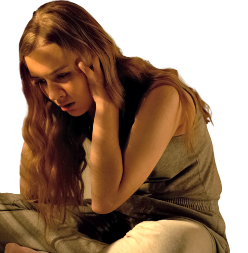
The continuous presence of intrusive thoughts can create a constant sense of unease and fear. They have the power to make you question your own morality and sanity. The toll they take on you is not only mental but physical as well.
The exhaustion caused by these persistent thoughts can affect your concentration, making it difficult to complete tasks or make decisions. Sleep disturbances may also occur due to the constant rumination induced by intrusive thoughts.

Anxiety is a common emotion experienced by people of all ages, but have we misunderstood its impact on teenage girls?
In today's fast-paced, high-pressure world, it is essential to understand the unique challenges that young girls face.

Paranoid schizophrenia is a complex and often debilitating mental illness that affects approximately 0.5% of the population.
Portrayed by a combination of hallucinations, delusions, and disorganised thinking, it can drastically impact a person’s ability to function in daily life.
In this article, we delve into the essential aspects of paranoid schizophrenia, including its symptoms, causes, and available treatments.

In our quest to unravel the complex workings of the human mind, we often encounter enigmatic conditions that confound our understanding.
One such condition is Alexithymia, also known as (AKA) emotional blindness. This fascinating yet little-known phenomenon profoundly affects one’s emotional well-being.
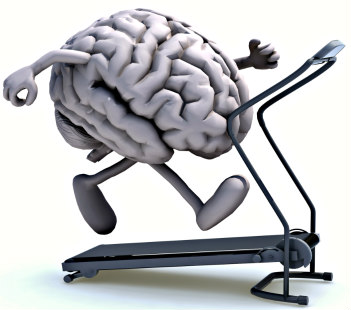

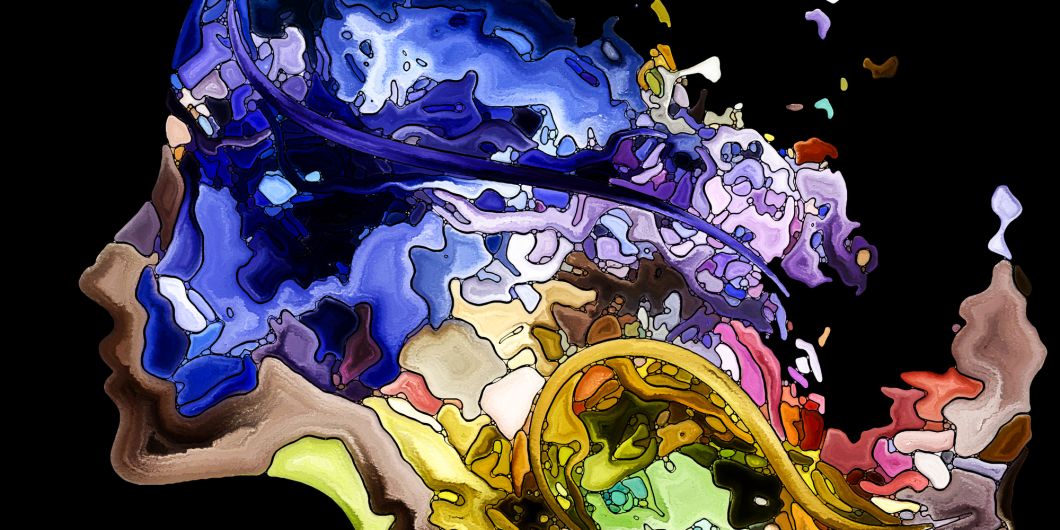
The term “psychedelic” is derived from the Ancient Greek words “psyche” (meaning “mind”) and “delos” (which means “to manifest”). The British-born Canadian psychiatrist Humphry Osmond coined it in a letter to author Aldous Huxley in 1956.
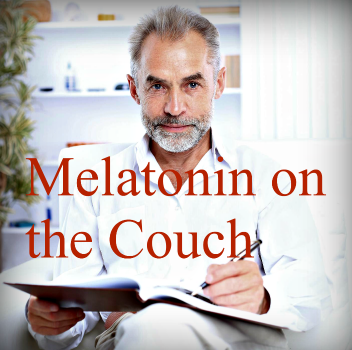
A previous podcast discussed how jet-lag medication was used to treat young people for sleep problems. A dietary supplement containing melatonin was readily available in health shops throughout the United Kingdom until it was banned. In some cases, melatonin supplements may also contain serotonin.
Be mindful that the human body can make melatonin from the enzymatic conversion of serotonin into melatonin. There have been reports of poisoning in children who needed hospital care, and several young children died from a melatonin overdose.
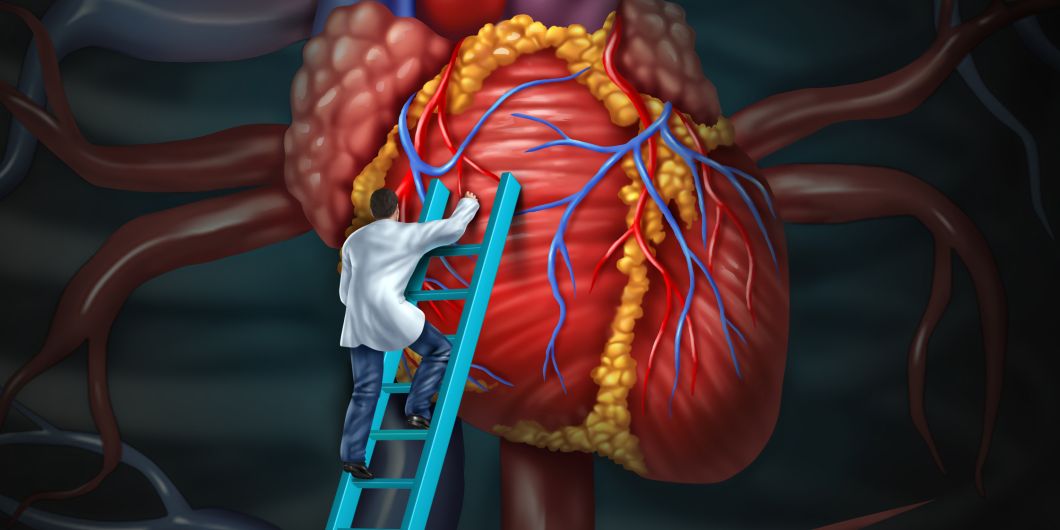
According to the National Institute of Mental Health, in 2020, young adults aged 18 to 24 had the highest prevalence of mental health issues. Though mental health issues are common among Gen Z, individuals born between 1995 and 2010.
They are growing up in an age of increased stress and anxiety. And being called the most depressed generation and are more likely to seek mental health counselling or therapy than their older counterparts.
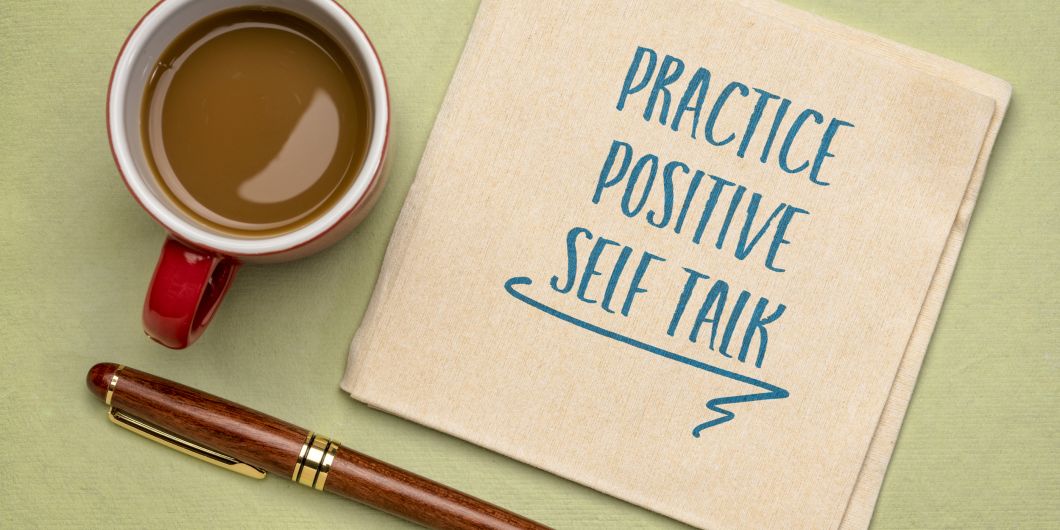
Self-talk: How often do you hear that little voice in your head tell you that you aren’t good enough? Negative self-talk can hinder your progress in life and hold you back from fulfilling your dreams.
There are ways to turn your inner voice into a positive one. Follow the ten tips below and create a new positive and pleasing voice that will build your confidence and improve your life.
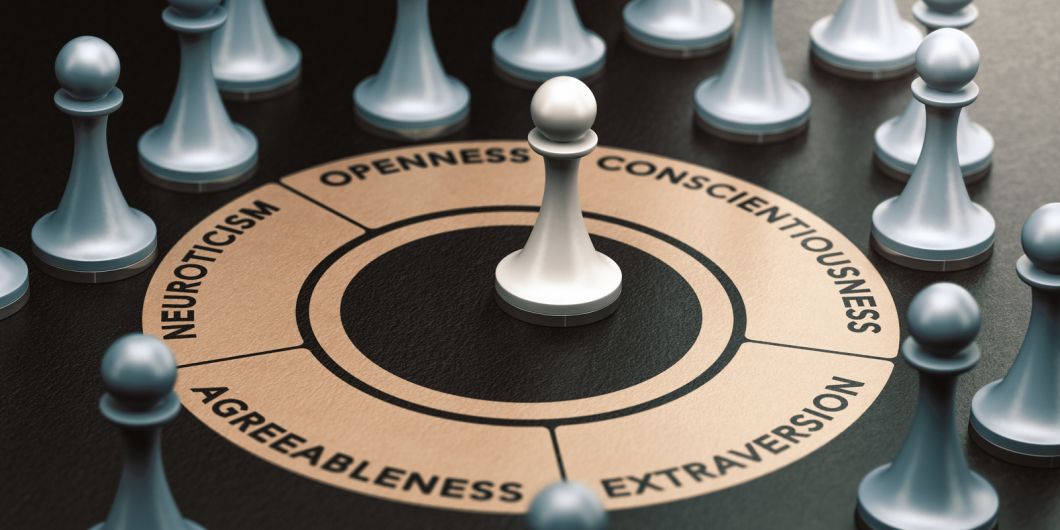
An individual’s personality traits define how they perceive the world around them. It is a set of characteristics and features that cause them to think, feel, and behave in a particular way.
Personality traits are characteristic of enduring behavioural and emotional patterns rather than isolated occurrences.
Although all aspects of your personality stem from both nature and nurture, many models of personality types attempt to explain why we are the way we are.
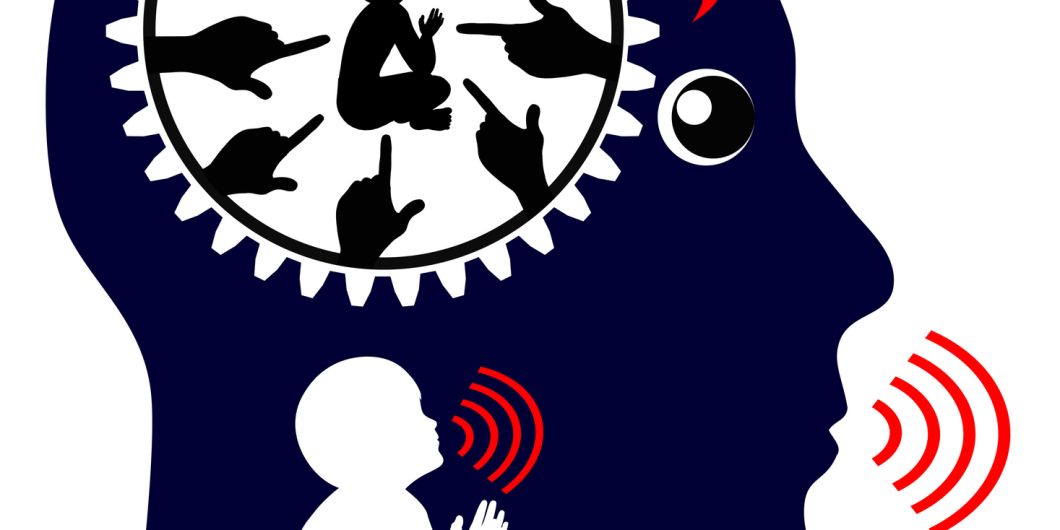
So many terms have been used to indicate the inner voice, also known as inner monologue, internal dialogue, inner speech, verbal thoughts and the voice or chatter inside your head.
Does Everyone Have an Inner Voice?
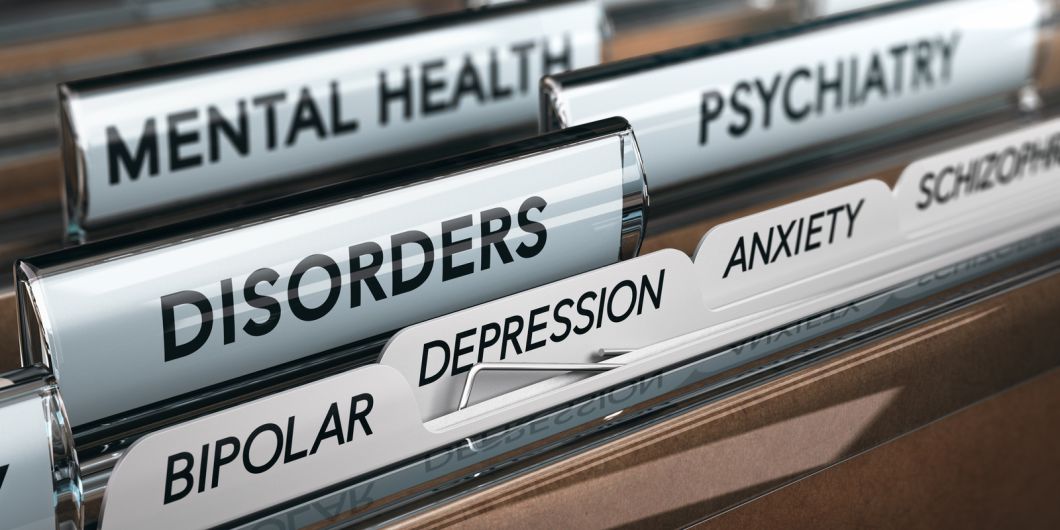
I’m sure you’ve heard about mental health issues before. And yes, they affect millions of us every year. But did you know that over half of us may experience some mental illness at least once during our lifetime?
Mental illness can be depicted as a disease which causes an individual to experience severe disturbances in their moods, thoughts, emotions, behaviours, or ability to function at work or home.